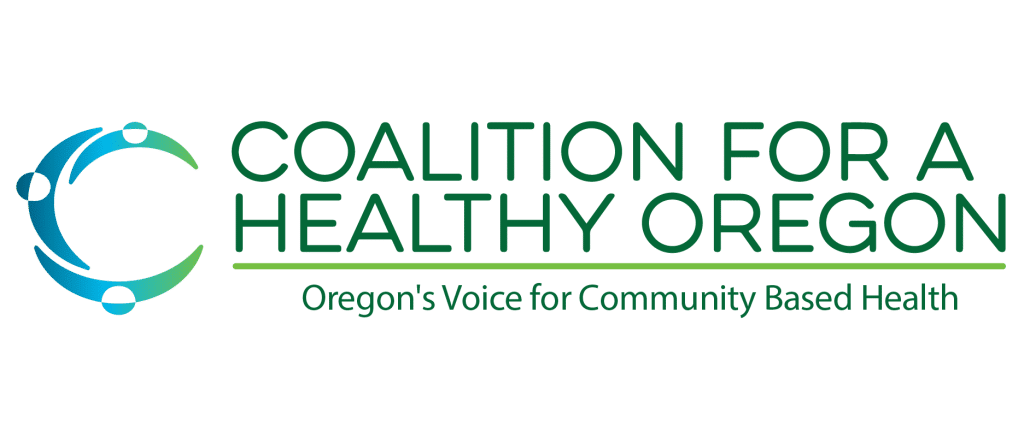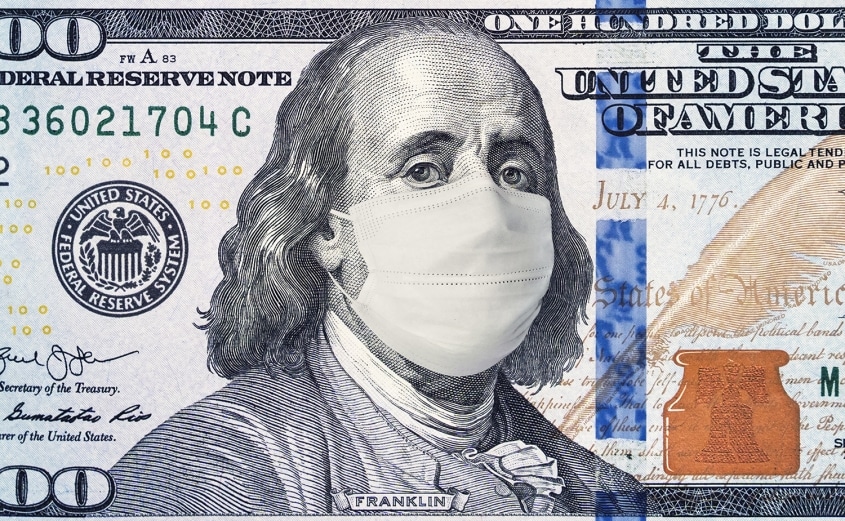OHA Submits Waiver for COVID-19 Relief
The Oregon Health Authority (OHA) shared late last week that they submitted a Section 1115 Waiver to the Centers for Medicare and Medicaid Services (CMS) to request a COVID-19 Disaster Relief Fund. This waiver, like the one that OHA previously submitted (detailed here), are generally used during emergencies like the current COVID-19 pandemic.
In OHA’s waiver request, they reference that while Oregon is lucky to have a lower COVID-19 caseload then other states, our adherence to aggressive social distancing and the cancellation of elective procedures is creating a huge financial strain on our health systems. This move would increase flexibility for how federally matched payments can be used with Medicaid being the payer of last resort. While this could bring in federal resources for some COVID-19 spending, the Oregon Health Plan faces a budget shortfall that General Fund dollars may not be able to fill.
This waiver, submitted by the state’s Medicaid Director, Lori Coyner, is dated April 17, but as far as we know, the state has not yet received approval from the Federal Government.
Without federal dollars to help our health systems, we will lose our ability to preserve access to care. CCOs have done a great job keeping people out of the hospitals, but the cancelation of nonemergency procedures has led to decreased revenues for hospitals and other providers.
At the same time, hospitals are incurring new costs related to COVID-19, including telehealth platforms, bed reconfiguration, off-site screening venues, and quarantine/post-acute care sites. The result is a need to cut costs, including staff reductions, which poses a threat to Oregon’s health care delivery system.
It is common knowledge that other medical technology like ventilators, respirators, and personal protective equipment (PPE) is in high demand and very short supply. OHA expressed doubts as to whether CARES Act funding would meet specific needs of Medicaid providers, so the Disaster Relief Fund is needed to help cover critical expenses.
Under the proposal, health systems would likely need to first seek support through other public and private means, so that Medicaid is the payer of last resort, and any dollars paid out would be subject to audit.
We will keep you updated on the status of this request.



